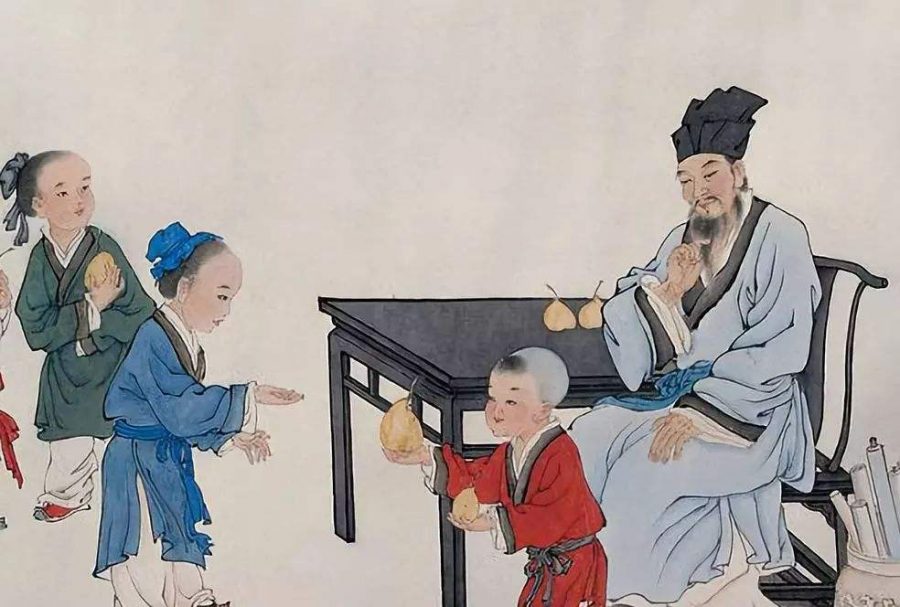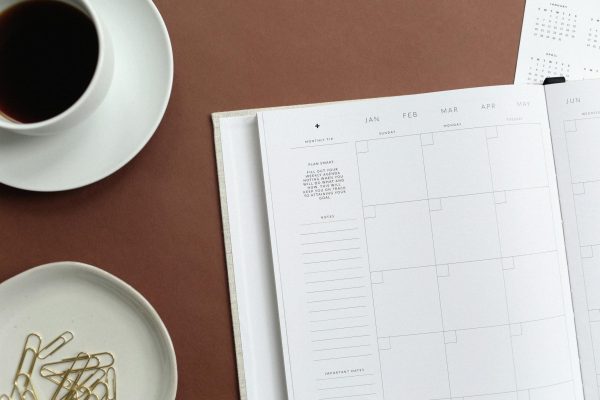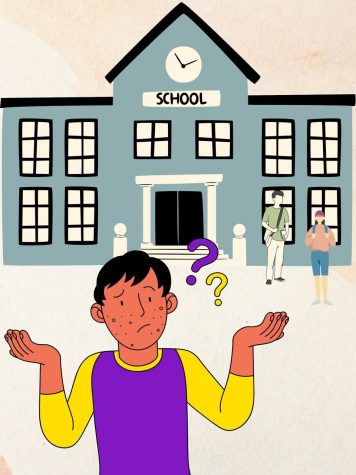Chinese etiquette customs are passed down from generation to generation and used in everyday life
Kong Rong gives up the biggest pear.
中国的风俗礼仪
——在中国被广泛应用的礼仪,代代相传,并被运用到日常生活中
邱 俊洁
Times报社记者
作为最古老的文明古国之一, 中国的礼仪源远流长。有的礼仪需要专业人士指导,而有的礼仪仿佛流淌在人们的血液里。
第一个礼节是热情好客。
2579年前春秋战国时期,中国的哲学家、政治家孔子曾说过:“有朋自远方来,不亦说乎?”
在中国,人们牢记这句话,当有客人来拜访时总是拿出家里最好的美食来招待客人,即使是最贫穷的家庭。他们想表示你是受欢迎的。
此外,这也同样适用于拜访别人家。如果人们去别人家,他们总是带一些伴手礼。自己做的甜点,或新鲜水果都可以作为礼物。总之,你不能空手去别人家。这是基本的礼仪。
第二种礼仪是尊老爱幼。
在中国的每一个家庭里,父母总会这样教育孩子。这种礼仪有许多表现形式。例如,在吃饭的时候通常一家之长先吃第一口,然后其他人才可以吃。如果孩子们得到一些饼干,他们应该先拿给长辈们,然后自己才能吃。长辈递给你东西时,你需要双手接住。
此外,有一个跟美国最大的不同之处在于,晚辈不能叫长辈的名字。这是不礼貌的行为。
在中国,学生称呼老师为“老师”,称呼陌生的老年人为爷爷和奶奶。
还有一种礼仪是尊老爱幼。
乘坐交通工具时,年轻人会给老年人让座。但是慢慢地,也会给孕妇或者抱着小孩的家长让座。
有趣的是,有的老年人会拒绝座位,因为他们觉得自己身体很好不需要让座。此外,帮助老人过马路,帮老人搬重物回家也成为小学生们被教育的内容。
小朋友都知道,尊老爱幼是中国的传统美德。
最后一种是告别的礼仪。
当主人送客人出门时,主人通常要目送客人走远以后才能关门回家。
如果客人刚出门你就关门是不礼貌的。主人站在门口目送表明你对他依依不舍,你很欢迎他来你家。甚至亲戚之间也会这样,这是一种血缘的羁绊与温情。
在历史的长河中,世界瞬息万变。而中国的礼仪会随着时间的脚印,将继续传承并不断改进。

English Translation:
As one of the most ancient civilizations, China has a lot of etiquette history. Some manners require professional instruction, but others seem to be engraved in their blood.
The first etiquette is to be enthusiastic about your guests.
Confucius, who was a Chinese philosopher and politician 2579 years ago in the Spring and Autumn period said, “It is always a pleasure to greet a friend from afar.”
In China, people keep these words in mind and always offer their best food to guests, even the poorest families. The purpose of this is to show the guest that he or she is welcome.
This behavior extends to visiting other people’s homes as well. Visitors always bring gifts if they visit other’s houses. Handmade desserts and fruits can be gifts. In a word, people cannot go to someone’s home with empty hands. This is basic etiquette.
The second type of etiquette is respecting the old and cherishing the young. In every ordinary family, parents always tell their children this.
There are many manifestations of this etiquette. For example, elders eat first, then others can eat. If a member of the family gets some cookies, they give it to the elders first, then they can start to eat.
When elders give a gift, the recipient should take it with both hands.
The biggest difference with America is that Chinese people do not call the elders’ names; that is considered very rude.
In China students call their teachers “teacher” and call elders “Yeye” and “Nainai,” which has a similar meaning to grandpa and grandma, to show respect.
There is another kind of etiquette that gives precedence to elders.
When taking public transport, young people always give up their seats to the elders. Little by little, pregnant women and women with children have also become included in this custom.
The interesting point is some of the elders decline with thanks and joke that they were young.
Furthermore, to help elders cross the road and to help elders carry heavy things home is also included in the realm of etiquette for little kids.
Respecting the old and loving the young is a traditional virtue of Chinese.
Finally, there is the send-off etiquette.
When the hosts send guests out, they always watch the guests go far and then close the door to go home. It is rude to close the door as soon as the guests leave.
Hosts stand in front of the door and watch them leave, showing them the hosts are reluctant for the guests to leave. Even the family members or relatives do the same. This is a kind of blood ties and kinship etiquette.
With a long river of history, the ancient customs in China will continue to be passed on and continue to improve.
Your donation will support the student journalists of San Jose City College. Your contribution will allow us to purchase equipment and cover our annual website hosting costs.











